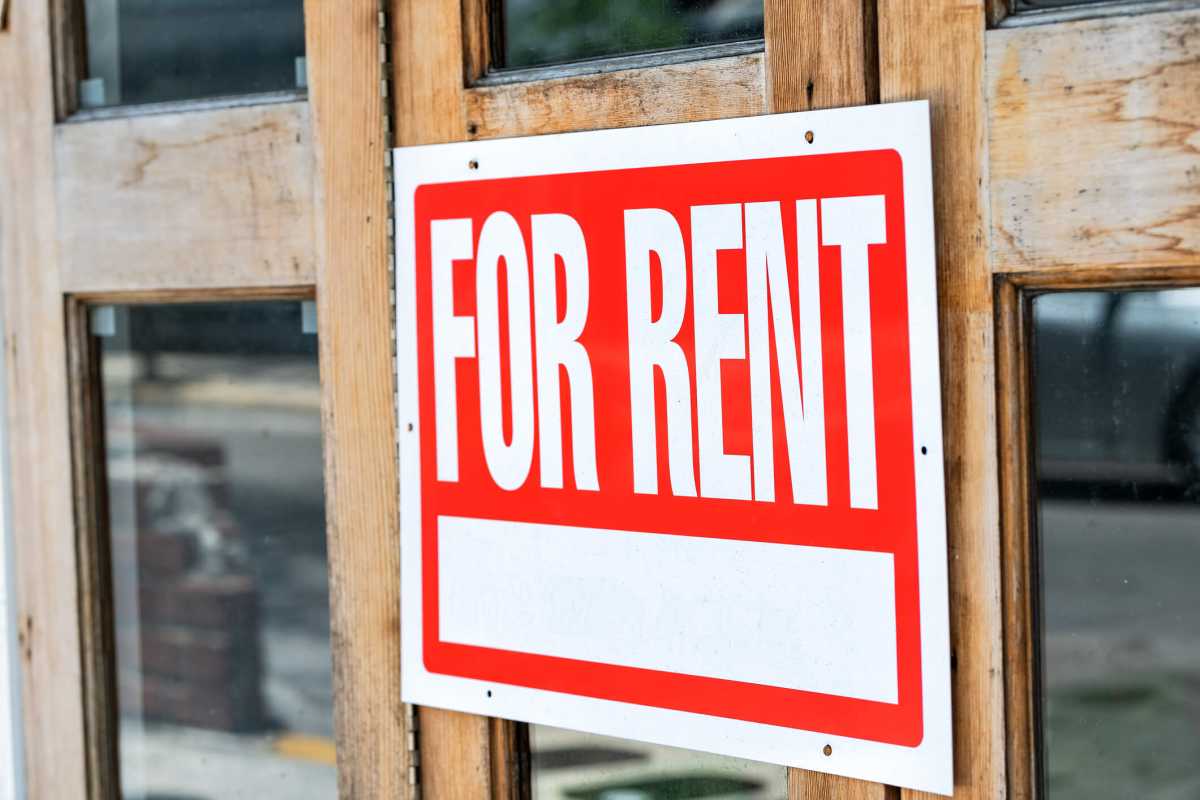As New York City grapples with a housing crisis, legislators must focus on solutions that address this complex problem instead of developing a false narrative to boost their careers. Intro 360, also known as the Broker Fee Bill or the “FARE” Act, threatens to exacerbate, rather than alleviate, the crisis. This legislation will negatively impact tenants by raising housing costs and further limiting housing access, all while diverting attention from the true issue at hand: the dire lack of housing supply.
Intro 360 sounds great on paper: whoever hires the broker should pay the broker. But the market is more nuanced than that. This bill would result in sweeping changes that will prevent many from being able to rent in this city. To pretend otherwise does a disservice to all New Yorkers.
The heart of the housing crisis is the fact that New York City is facing a severe shortage of homes of all types. REBNY’s analysis that builders sought fewer than 10,000 foundation permits in 2023, approximately half of the 20,000 units produced per year between 2000 and 2020. Experts have projected a need for more than 500,000 new housing units by 2030 to keep up with population, which would require over 50,000 units produced each year for the next decade.
The situation is even more dire for rent stabilized units. The Housing Stability and Tenant Protection Act (HSTPA) proved to be disastrous. It prohibited almost any increases to rent, forcing tens of thousands of rent stabilized units to remain off market because these units need renovations to bring them up to code. This limits housing inventory and increases rents for market rate units. Our industry raised the alarm about HSTPA in 2019 and we are raising the alarm once again over Intro 360.
Instead of addressing a lack of supply that is driving up housing costs, supporters of Intro 360 are taking aim at the process by which residential rental brokers are compensated. The proposed bill will harm renters in a number of ways should it pass.
Renters will lose the ability to directly negotiate commissions with brokers if the broker has an exclusive with an owner. In early June there were 17,371 rental units listed on StreetEasy, with 7,936 – almost half – listed as “No Fee.” However, the reality is there is no such thing as a “No Fee” unit; if the tenant is not paying a fee to the agent, the landlord is likely baking it into the rent. Right now, tenants have a choice as to how they would like to pay fees, either up front or over time. Were Intro 360 to pass, New Yorkers would lose this choice.
Rents will immediately increase and a previously one-time fee will have to be paid again each time renters re-sign their lease. As seen in 2020 during a brief period when legislation regulating broker fees was in place, rents spiked over six percent in a week. Beyond that immediate pain, renters staying in a lease longer than a year will see rent increases based on this inflated number, driving up housing costs.
Housing access will worsen. Most rental applications require an average income of 40 times the monthly rent. Since the FARE Act would lead to higher rents to account for broker fees, many would no longer be able to apply for apartments they would have previously met income requirements for. Moreover, with little to no housing available in New York City evidenced by the historically low 1.4% vacancy rate found in the recent Housing and Vacancy survey, higher average rent will make the competition for lower cost units worse than ever.
Broker services will leave the market. For owners unable to offset the cost of broker services through rent, they may simply choose to not use one. Without brokers, the rental process will become confusing and chaotic for prospective tenants. After all, brokers are responsible for taking professional photos and maintaining online listings, and both owners and renters rely on them for their knowledge of marketing platforms, willingness and flexibility to show homes in evenings and weekends, comprehension of fair housing laws, ability to explain components of a lease and navigate the often-stressful process of apartment hunting.
Beyond supporting solutions to create new supply, if the City Council wants to provide immediate support to New Yorkers struggling to pay rent, they should focus their attention on reforms to the housing voucher program. Inability to pay rent is the primary issue why New Yorkers face evections. Critical voucher programs in place could significantly address this but their administration is falling woefully short due to inadequate staffing, inefficient technology and other bureaucratic challenges that fail to put voucher holders on the same playing field as cash-paying tenants.
Instead of focusing on meaningful, data-driven solutions, the City Council is wasting time pursuing short-sighted wins like Intro 360. This bill will only worsen the housing crisis and it is renters who will suffer the unintended consequences for years to come. We deserve better ideas from our elected officials that will recognize the data and address the sources of New York City’s housing crisis.





































